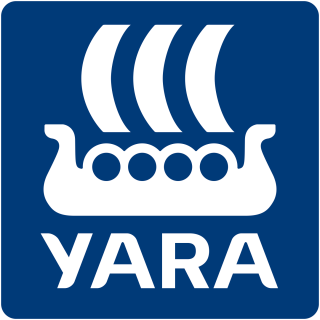Mechanical
The Mechanical discipline is responsible for the mechanical devices such as pressure vessels, pumps, tanks, heat exchangers, etc. In addition, the Mechanical discipline is sometimes responsible for selecting the types of material to be used for equipment, including piping, instrumentation, etc., and sometimes for specifying insulation and paint systems.
- The Mechanical discipline has several specialties:
- Vessel engineering (for pressure vessels, columns, reactors etc.);
- Heat-exchanger engineering (heat exchangers and air-cooled heat exchangers);
- Pump engineering ;
- Compressor engineering (for centrifugal compressors and other types);
- Furnace engineering (for large furnaces at refineries and chemical factories);
- Heating and ventilation (for air-conditioning systems);
- Bulk handling and material transport systems (including transport of solids and powdered products, with strong logistics affinity);
- Complete systems supplied by manufacturers (Package units).
Often these specialties are divided into two categories, namely static and rotating.
The tasks incorporated by the Mechanical discipline can be summarised as follows:
Specifying equipment according to customer specification guidelines set by authorities, etc., at a competitive cost level and with a suitable delivery time. The Mechanical discipline is responsible for the entire process, i.e. selecting the appropriate suppliers together with Purchasing, and often maintaining all technical contacts with the chosen supplier. There is therefore close collaboration between technology and commerce, which is the major challenge for the Mechanical Engineers. Mechanical is responsible for the quality to be delivered, with an important aspect being monitoring of scope (scope of supply) and equipment costs.
The contacts with Electrical and Instrumentation are of crucial importance. The specifications and arrangements regarding this part of the equipment delivery process must be monitored and verified with these colleagues. Instrumentation connection and electrical power are examples of aspects that must be clearly specified to the supplier, and it must also be checked whether the correct delivery takes place.
There are similar aspects with Piping and Structural, for example for pipe connections and equipment dimensions or weight. Again, there must be consensus between all stakeholders, from start to finish of project duration (No Surprises!).
The second category of Mechanical activities, already mentioned in the beginning, are things that are clearly beyond Mechanical's traditional scope of work. These activities are:
- Material selection and corrosion (together with the Process Lead Engineer);
- Materials and welding (for Mechanical, Piping and Construction);
- Noise engineering (for equipment, control valves and other sound sources, as well as the entire project / site aspect, making contact with government agencies);
- Insulation systems;
- Paint systems and coating (including internal coatings for tanks and pipe systems);
- Logistics.
Software packages used
Functions within the Mechanical category























